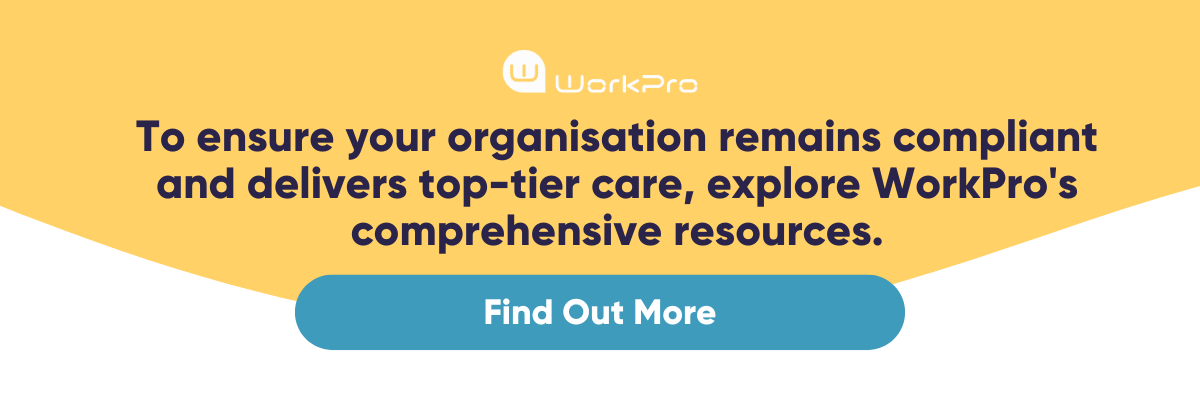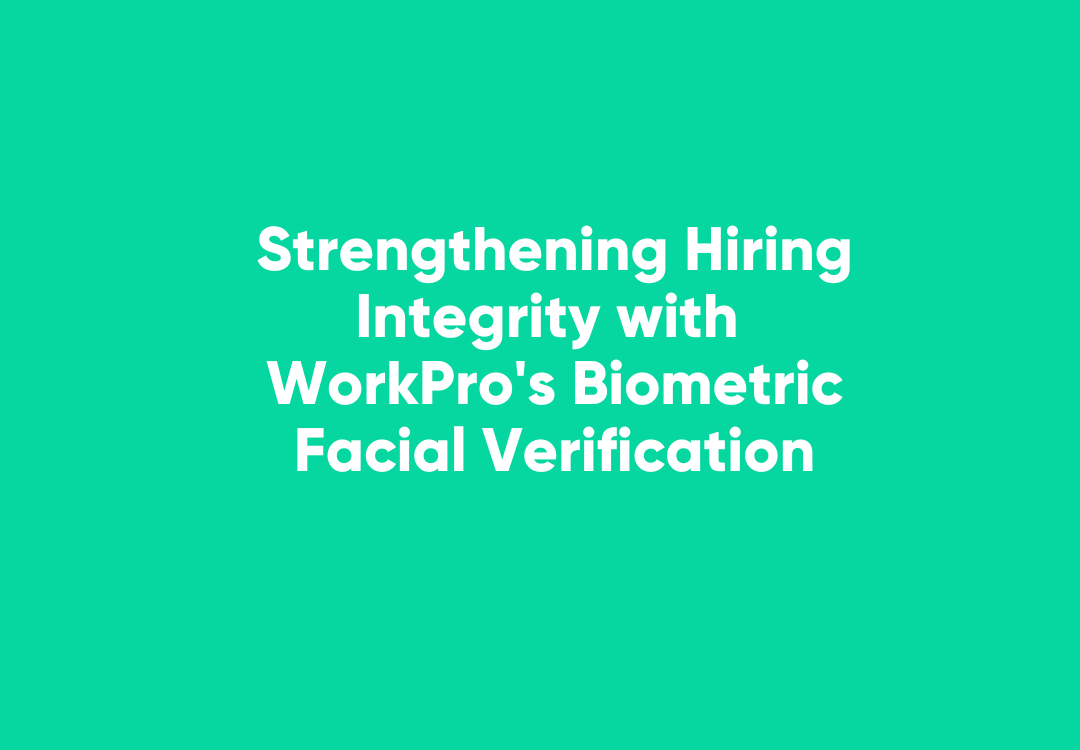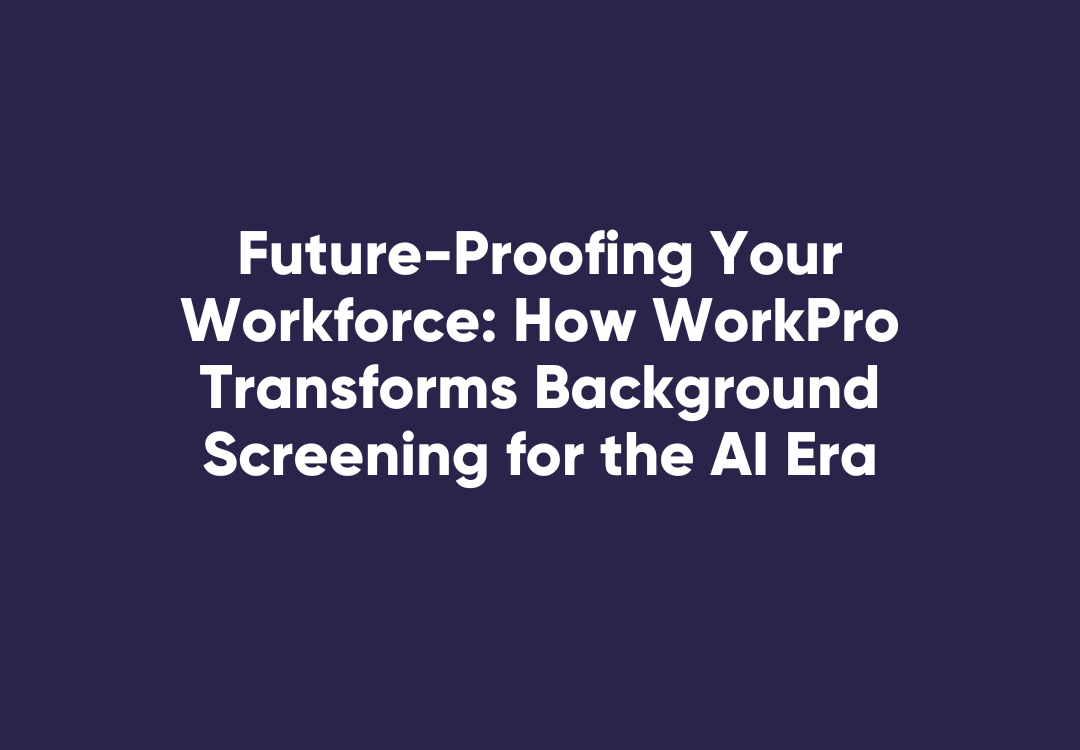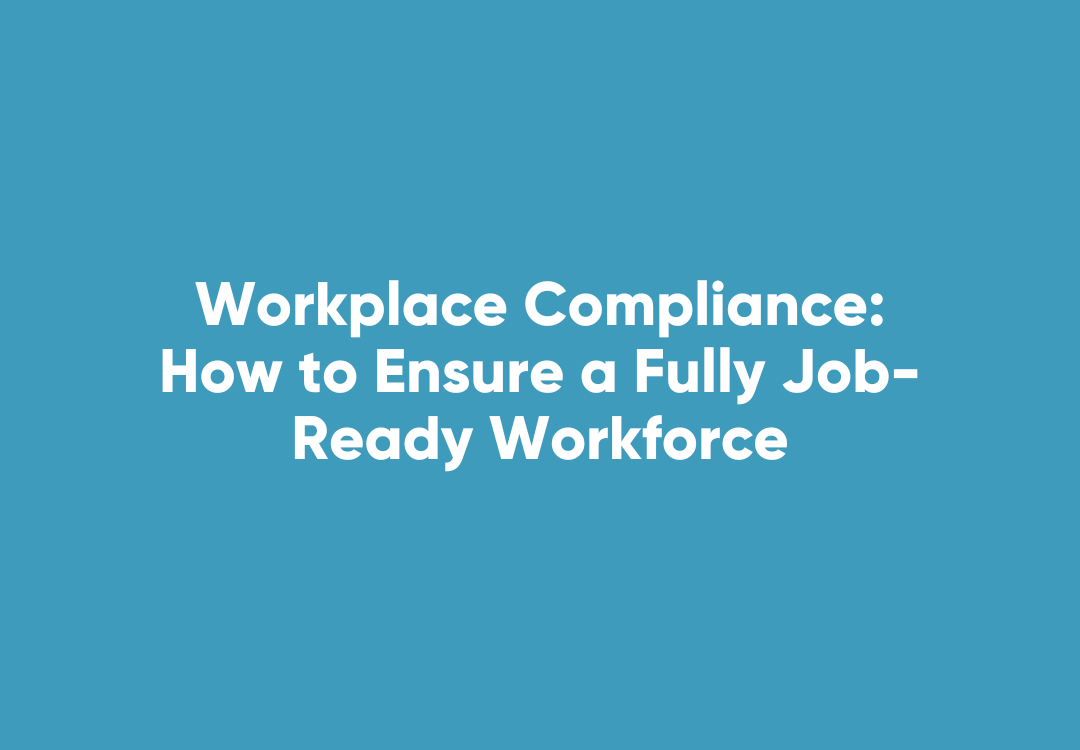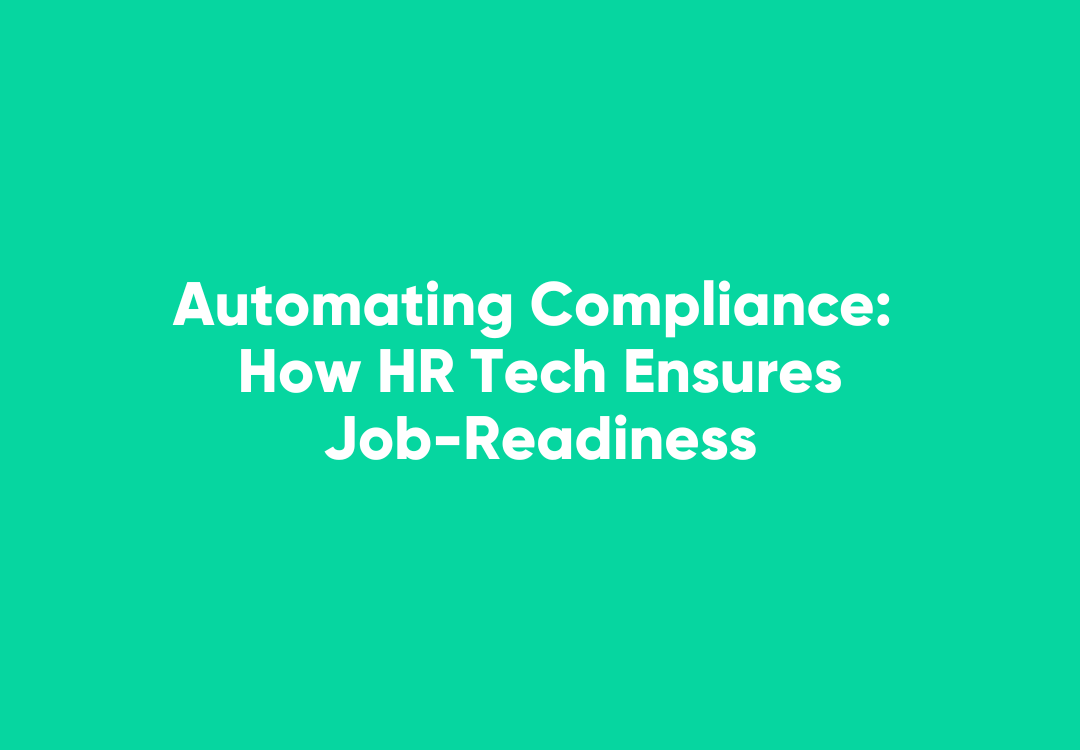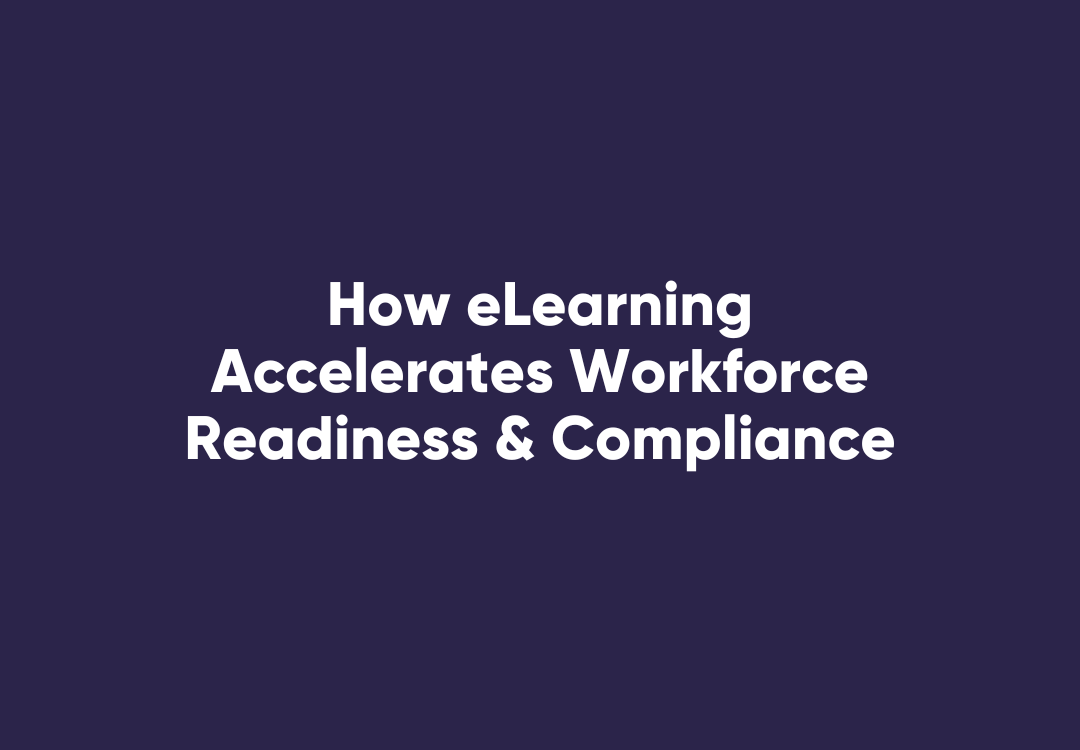Workforce Compliance Updates for Healthcare and Aged Care, March 2025
Workforce Compliance Updates for Healthcare and Aged Care, March 2025
In 2025, Australia's aged care and healthcare sectors are undergoing pivotal workforce compliance updates designed to enhance service quality and operational efficiency. These reforms aim to place individuals at the centre of care services, ensuring their rights and needs are prioritised.
Recent analyses reveal that Australia's population is aging rapidly, with projections indicating that by 2030, 22% of Australians will be aged 65 and over. This demographic shift underscores the urgency for robust reforms in aged care and healthcare sectors to meet the escalating demand for quality services. In response, the Australian government has introduced comprehensive workforce compliance updates set to commence in 2025, aiming to elevate service standards and operational efficiency across these critical sectors.
What is the Aged Care Act 2024?
The Aged Care Act 2024 is a legislative framework introduced by the Australian government, effective from 1 July 2025, that establishes a rights-based approach to aged care services. This Act replaces previous legislation to better address the evolving needs of older Australians, emphasising their rights and placing them at the centre of care delivery.
Consider the challenges faced by aged care providers: navigating complex regulations, ensuring staff adherence to updated standards, and maintaining high-quality care amidst workforce shortages. What if there was a streamlined approach to manage these compliance requirements efficiently? The recent reforms, including the Aged Care Act 2024 and updated Quality Standards, aim to simplify compliance processes and enhance care quality. However, implementing these changes requires providers to adapt swiftly and effectively. The Aged Care Act 2024 introduces several key reforms:
- New Aged Care Act Implementation: Effective from 1 July 2025, this Act introduces a rights-based framework, placing older individuals at the centre of care services.
- Strengthened Aged Care Quality Standards: The updated Quality Standards reduce the number of standards from eight to seven and introduce a dedicated "Food and Nutrition" standard, aiming to streamline compliance and enhance care quality.
- New Regulatory Model: Providers are now required to register with the Aged Care Quality and Safety Commission, with mandatory re-registration every three years, emphasising accountability and continuous improvement in care delivery.
- Wage Increases for Aged Care Workers: To address workforce shortages and improve retention, phased wage increases are being implemented throughout 2025, aiming to attract and retain skilled professionals in the sector.
In the healthcare sector, compliance priorities for 2025 focus on:
- Health Provider Compliance Priorities 2025: The Department of Health has outlined compliance priorities focusing on operational efficiencies, productivity, and patient engagement.
- Digital Health Integration: There is a continued emphasis on integrating digital health technologies, such as telehealth services and electronic health records, to improve patient access and streamline healthcare processes.
- Workforce Retention Initiatives: Strategies are being developed to enhance job satisfaction and retain healthcare professionals, addressing factors like mental burnout and feeling undervalued.
- Expedited Registration for Overseas Nurses: To mitigate workforce shortages, the government is fast-tracking the registration process for qualified overseas nurses, reducing the timeframe from up to a year to between one and six months.
Navigating the Fair Work Commission's New Laws: Implications for Healthcare and Aged Care Sectors
In recent years, the Fair Work Commission (FWC) has introduced several legislative changes aimed at enhancing workplace fairness and employee well-being across various industries, including healthcare and aged care. Understanding these reforms is crucial for organisations striving to maintain compliance and uphold high standards of care.
Key Legislative Changes
- Closing Loopholes Acts
The Fair Work Legislation Amendment (Closing Loopholes) Act 2023 and its successor, the Closing Loopholes No. 2 Act 2024, have introduced significant amendments to workplace laws:
- Casual Employment Redefined: A new definition of casual employment has been established, affecting casual conversion rights and employment status assessments. This change aims to provide greater clarity and security for casual workers.
- Employee Right to Disconnect: Employees now have the right to disconnect from work-related communications outside their working hours, promoting a healthier work-life balance. This provision is particularly relevant in high-demand sectors like healthcare and aged care.
2. New Model Terms for Enterprise Agreements
Effective from 26 February 2025, the FWC introduced new model terms for enterprise agreements, encompassing:
- Flexibility Terms: Allowing tailored arrangements to suit both employer and employee needs.
- Consultation Terms: Ensuring employees are consulted about significant workplace changes.
- Dispute Resolution Terms: Establishing clear procedures for resolving workplace disputes.
These standardised terms aim to promote fairness and consistency across workplaces.
Implications for Healthcare and Aged Care Providers
The introduction of these laws necessitates proactive measures from healthcare and aged care providers to ensure compliance:
- Review Employment Contracts: Assess and update employment contracts to align with the new definitions and rights, particularly concerning casual employment and the right to disconnect.
- Update Policies and Procedures: Revise workplace policies to incorporate new consultation and flexibility terms, ensuring that both management and staff are aware of their rights and responsibilities.
- Enhance Communication: Foster open dialogues with employees regarding these changes, emphasising a commitment to compliance and employee well-being.
The 2025 workforce compliance updates in Australia's aged care and healthcare sectors signify a transformative shift towards person-centred care and operational excellence. By proactively adapting to these changes, organisations can enhance service quality and ensure compliance.


